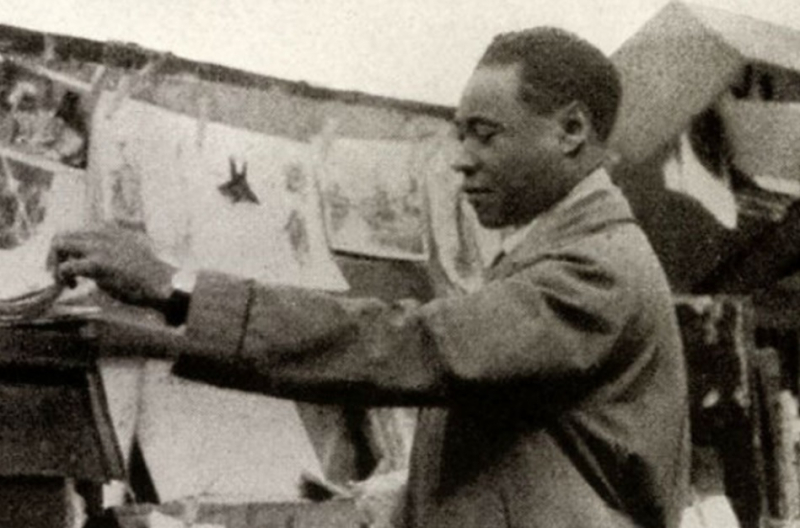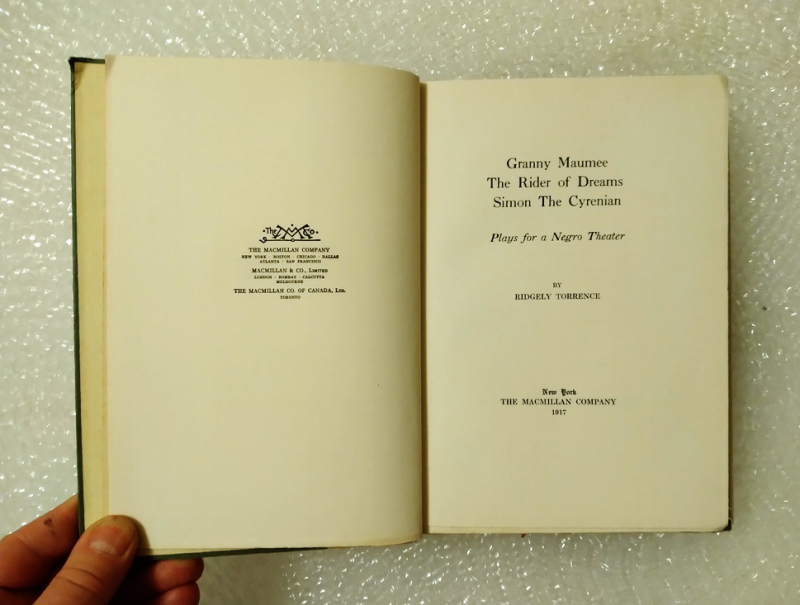The Harlem Renaissance didn't take too long to spread
One of the interesting facts about the Harlem Renaissance is that the Harlem Renaissance didn't take too long to spread. The Harlem Renaissance's initial stage began in the late 1910s. Granny Maumee, The Rider of Dreams, and Simon the Cyrenian: Plays for a Negro Theater were all staged in 1917. Ridgely Torrence, a white playwright, wrote these plays, which featured African-American actors expressing profound human emotions and yearnings. They were against the stereotypes of blackface and minstrel shows. The premieres of these plays were dubbed "the most important single event in the entire history of the Negro in the American Theater" by James Weldon Johnson in 1917.
Another watershed moment occurred in 1919 when communist poet Claude McKay published his militant sonnet "If We Must Die", which added a dramatically political dimension to the themes of African cultural inheritance and modern urban experience that had been featured in his 1917 poems "Invocation" and "Harlem Dancer". These were his first appearances in print in the United States after coming from Jamaica, using the pen name Eli Edwards. Although "If We Must Die" made no mention of race, African-American readers perceived it as a statement of resistance in the face of prejudice and the statewide race riots and lynchings that were taking place at the time. By the end of World War I, James Weldon Johnson's fiction and Claude McKay's poetry were depicting the reality of current African-American life in America.
The Harlem Renaissance arose from the changes that had occurred in the African-American community after slavery's abolition, such as the development of communities in the North. These were accelerated as a result of World War I and the significant social and cultural developments in the early twentieth-century United States. People from rural areas were drawn to cities by industrialization, which gave rise to new mass culture. The Great Migration of African Americans to northern cities, which concentrated ambitious people in places where they could support one other, and the First World War, which brought new industrial labor opportunities for tens of thousands of people, both contributed to the Harlem Renaissance.










